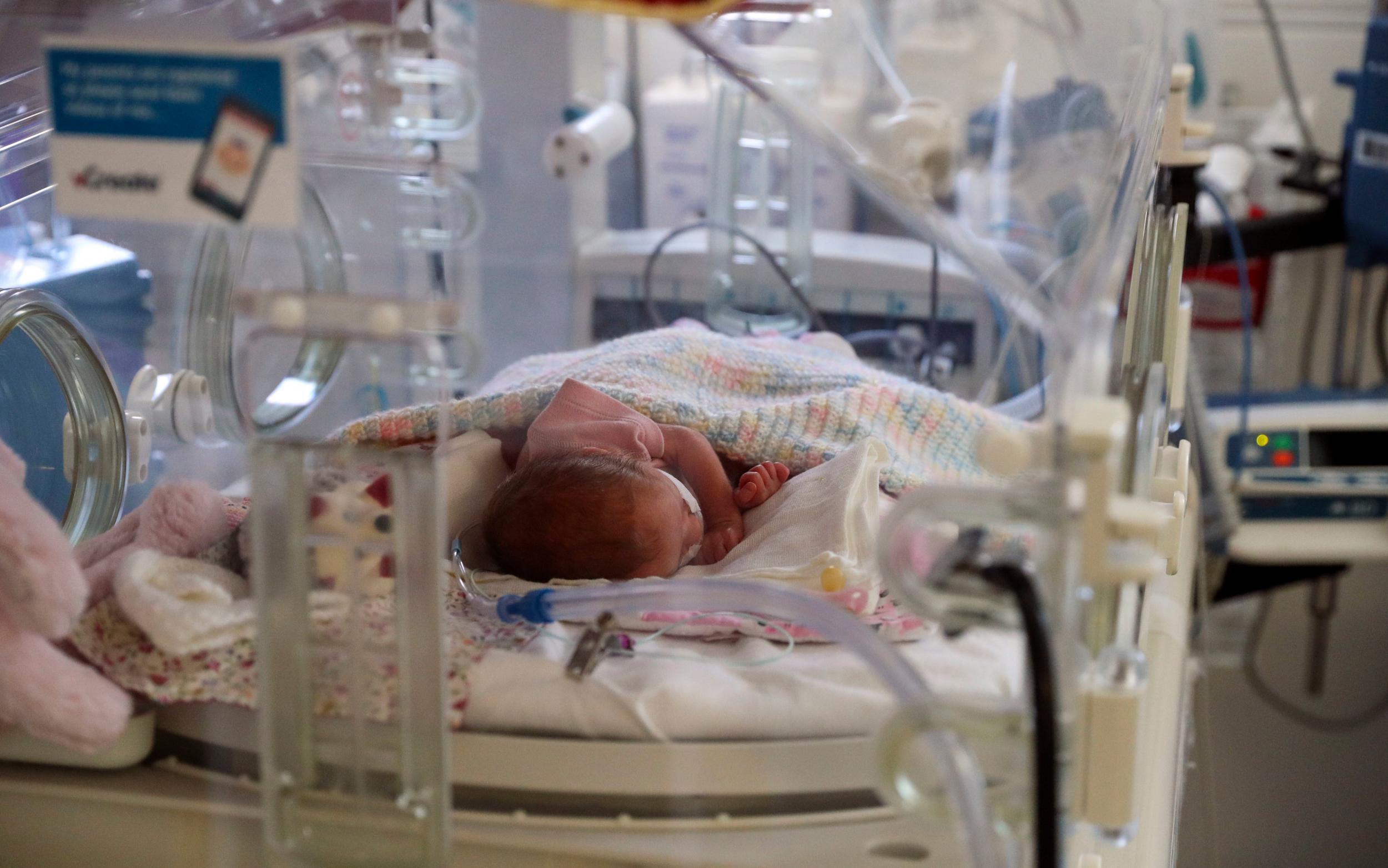Midwives receiving less training in key areas of safety and equality, new report warns
‘These problems existed before the pandemic and have only become worse’

Your support helps us to tell the story
From reproductive rights to climate change to Big Tech, The Independent is on the ground when the story is developing. Whether it's investigating the financials of Elon Musk's pro-Trump PAC or producing our latest documentary, 'The A Word', which shines a light on the American women fighting for reproductive rights, we know how important it is to parse out the facts from the messaging.
At such a critical moment in US history, we need reporters on the ground. Your donation allows us to keep sending journalists to speak to both sides of the story.
The Independent is trusted by Americans across the entire political spectrum. And unlike many other quality news outlets, we choose not to lock Americans out of our reporting and analysis with paywalls. We believe quality journalism should be available to everyone, paid for by those who can afford it.
Your support makes all the difference.Midwives across England are still not receiving enough essential safety training with the pandemic leaving hospitals delivering less training than three years ago.
A new report from the charity Baby Lifeline, based on an investigation of 124 NHS trusts in England, found nine in 10 units had training affected by the pandemic with staff shortages named as a major factor in preventing workers from taking time out for learning. This was cited by 72 per cent of units as a problem.
The average spend on maternity training was significantly lower in 2020-21 at £34,290 compared to £59,873 in 2017-18, with NHS trusts delivering less training to staff than they did in 2017-18.
Despite concerns over the poor quality of safety investigations in the NHS, fewer than a third of NHS units trained staff in how to carry out investigations.
Judy Ledger, chief executive and founder of Baby Lifeline, said: “Today’s report highlights how gaps and variation in the delivery of maternity training across the NHS continues to impact on the safety and care women and babies receive. Time and again evidence shows that training investment can save lives, and the pandemic has widened existing, detrimental gaps that years of chronic under-funding and staff shortages have created.
“How many more reports into maternity services with similar findings will there be, and how many more families have to suffer, before we see the changes we need?”
The charity found fewer than four in 10 organisations did training relating to recognising risks and carrying out assessments of pregnant women, while only a third of units considered it mandatory for some or all staff to attend training on past incidents.
Following concerns over an ideological pursuit of normal, or vaginal, birth in units at Shrewsbury and Telford Hospital Trust, training to promote normal birth dropped from 66 per cent in 2017-18 to 39 per cent in 2021.
Under pressure over maternity safety, NHS England has invested £95m this year to recruit more than 1,000 extra midwives and provided £26m for dedicated safety training.
The Baby Lifeline report also found a lack of training around inequality for ethnic minorities, despite research showing black women are four times more likely to die than white women in pregnancy.
Only 28 per cent of units considered the needs of their local population, with only one in five using scenarios involving women whose first language was not English. Less than a third of providers included training on clinical signs seen in black and brown skinned mothers.
Sara Ledger, head of research at Baby Lifeline said: “It has long been clear that investment in maternity training saves lives and prevents avoidable harm. Our previous report showed that the government’s 2017-18 funding had this positive impact. But this new research very clearly shows we need a new commitment to arrest the decline we have seen since then, and to support maternity professionals to give better and safer care to mothers and their babies.
“The government’s recent announcement of £3m to prevent brain injuries in childbirth is welcome. However, the expectations of maternity services to improve have never been higher, and this report highlights that services are not being given the right infrastructure to support the work.
“Training is obstructed by staff shortages, IT systems that are not fit-for-purpose, and there is a universal lack of venues. These problems existed before the pandemic and have only become worse.”
Out of 124 NHS trusts, only three provided all the training required by the NHS maternity incentive scheme, which is run by NHS Resolution and designed to try and improve safety to reduce clinical negligence bills.
While many NHS trusts have increased their efforts on saving babies’ lives, fewer than a quarter provided all elements of the training suggested by NHS England.
Only 42 per cent of midwives had a budget for training compared to two thirds of consultants and more than half of junior doctors.
The report said: “Expectations on maternity services have never been higher, and yet services are not being given the right infrastructure to support the work. Innovation and proper investment in the maternity workforce have never been more urgent, as we face another winter with the threat of continually high Covid-19 infection rates, staff sickness, and increased demands.
“This deficit should not be paid by families – each investigation and report in maternity detail the same causes of avoidable harm, and it is an over due courtesy to those who have suffered to learn lessons quickly and effectively. This cannot be done without proper investment in resources for training, as well as a sufficient workforce.”
Join our commenting forum
Join thought-provoking conversations, follow other Independent readers and see their replies
Comments